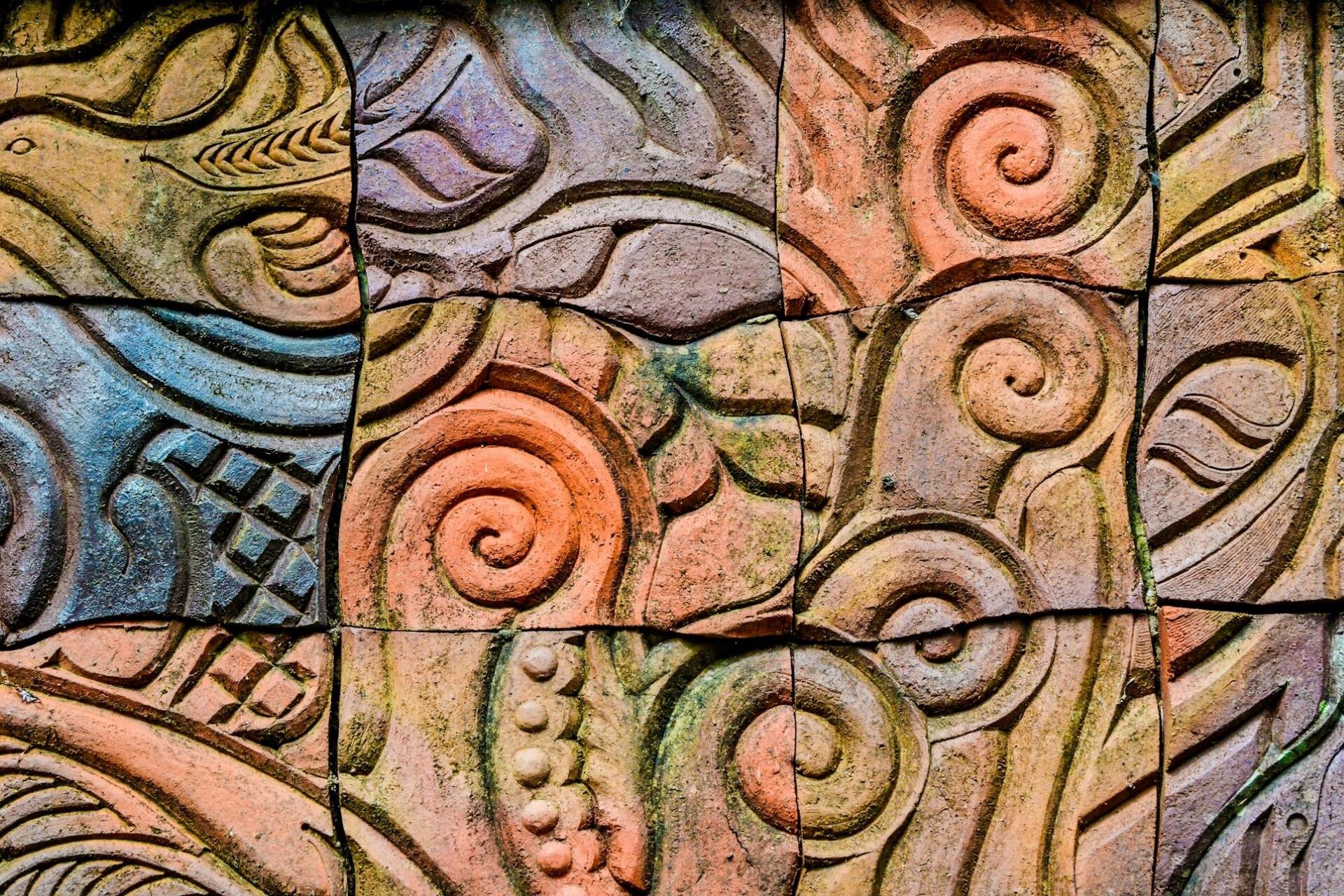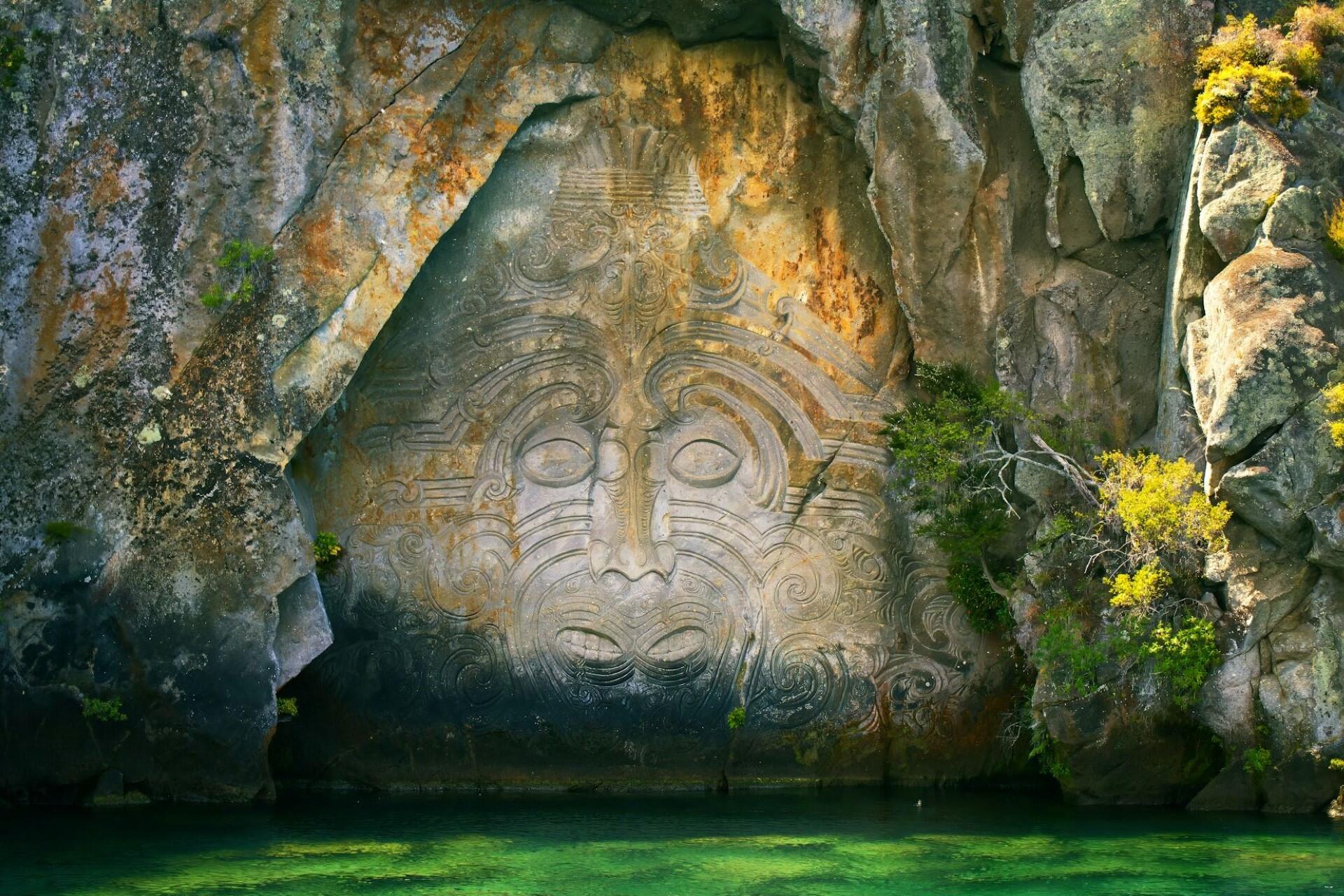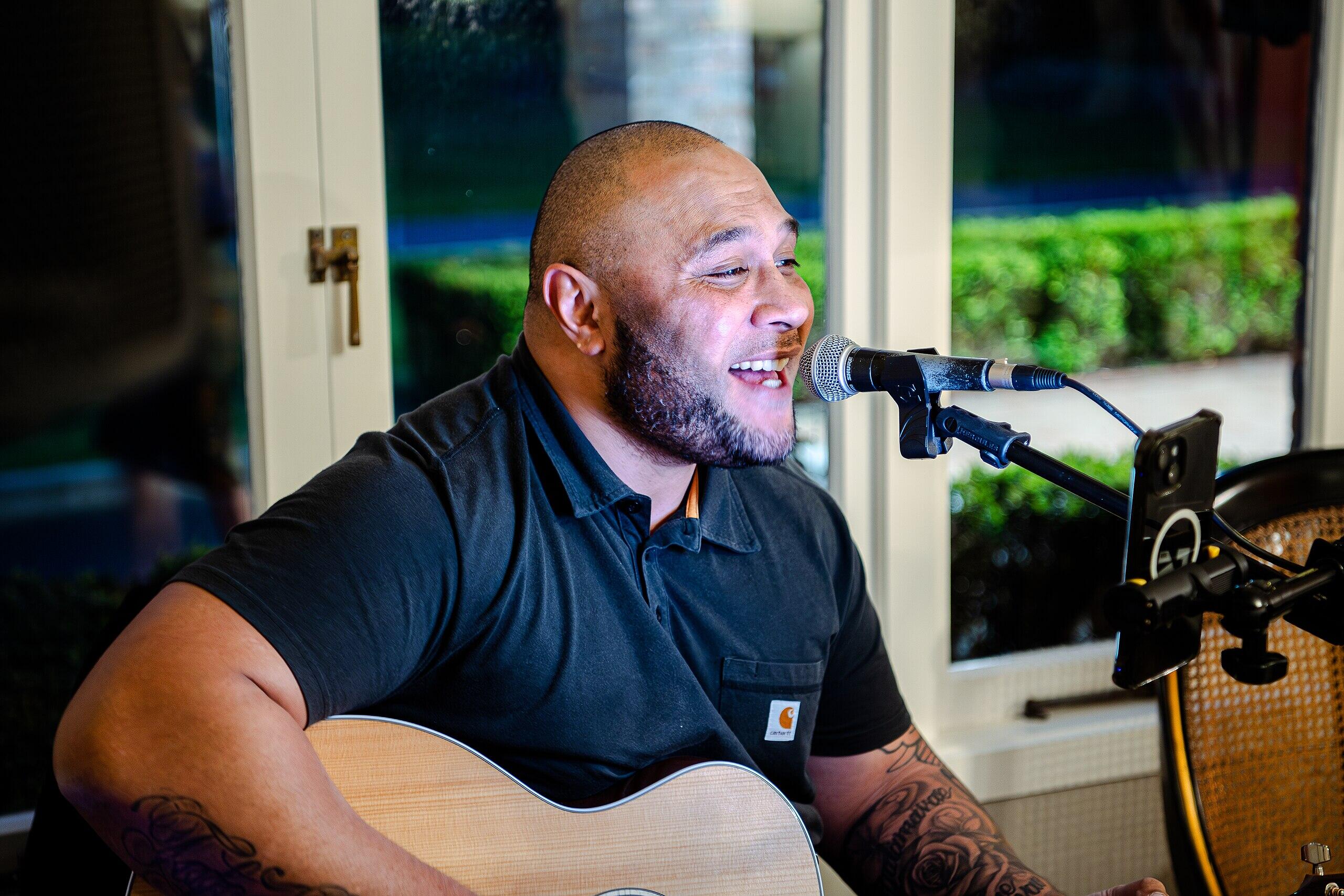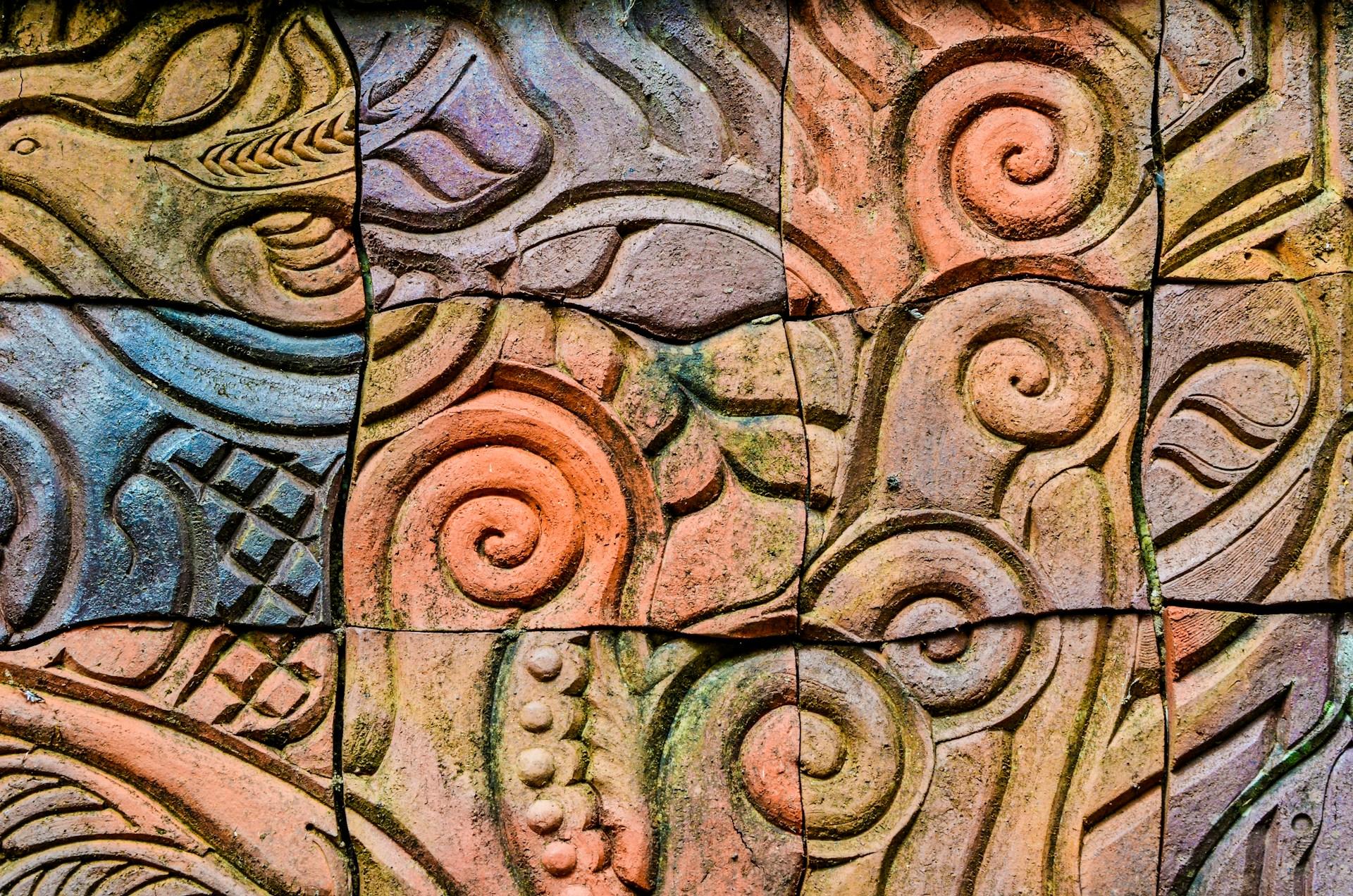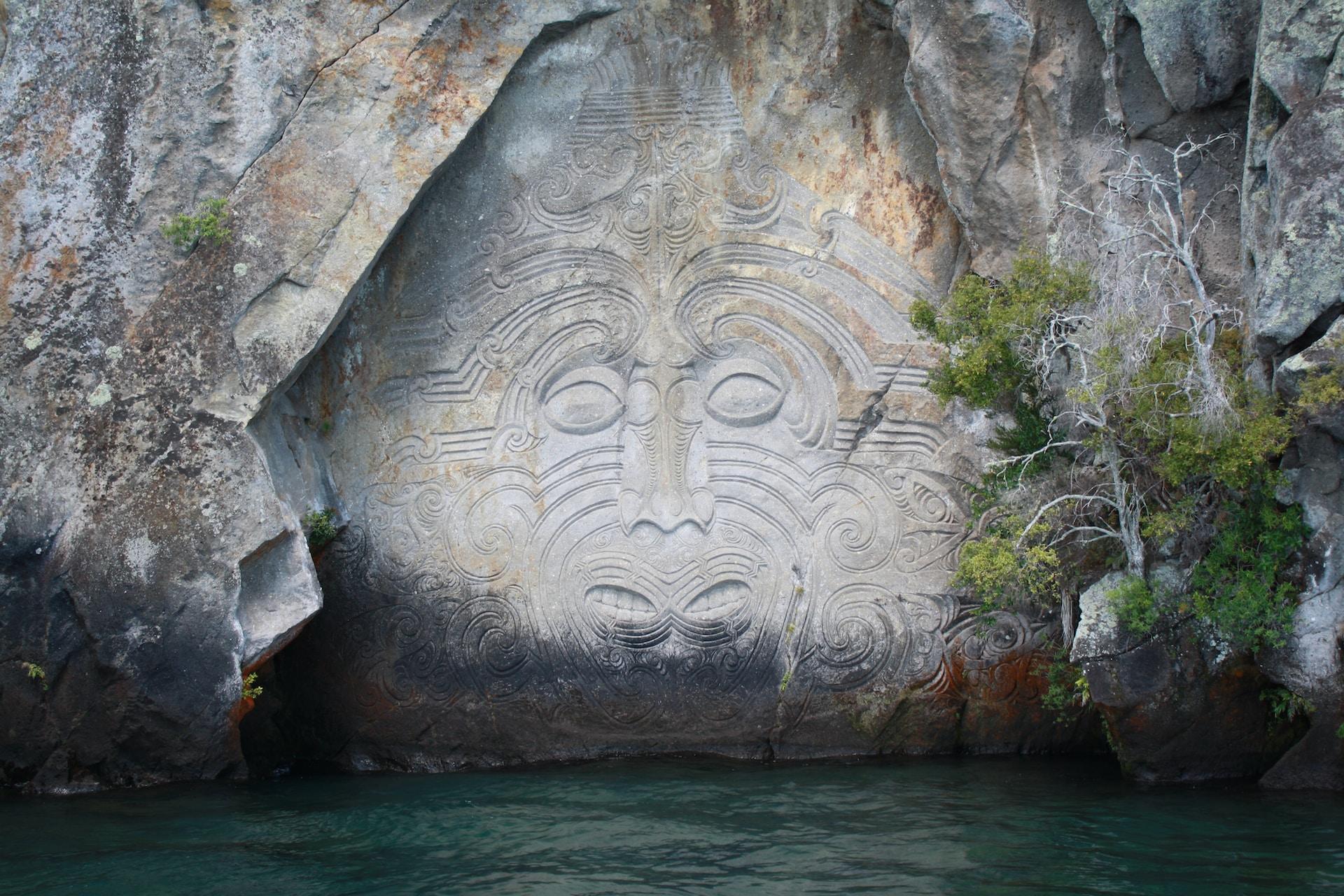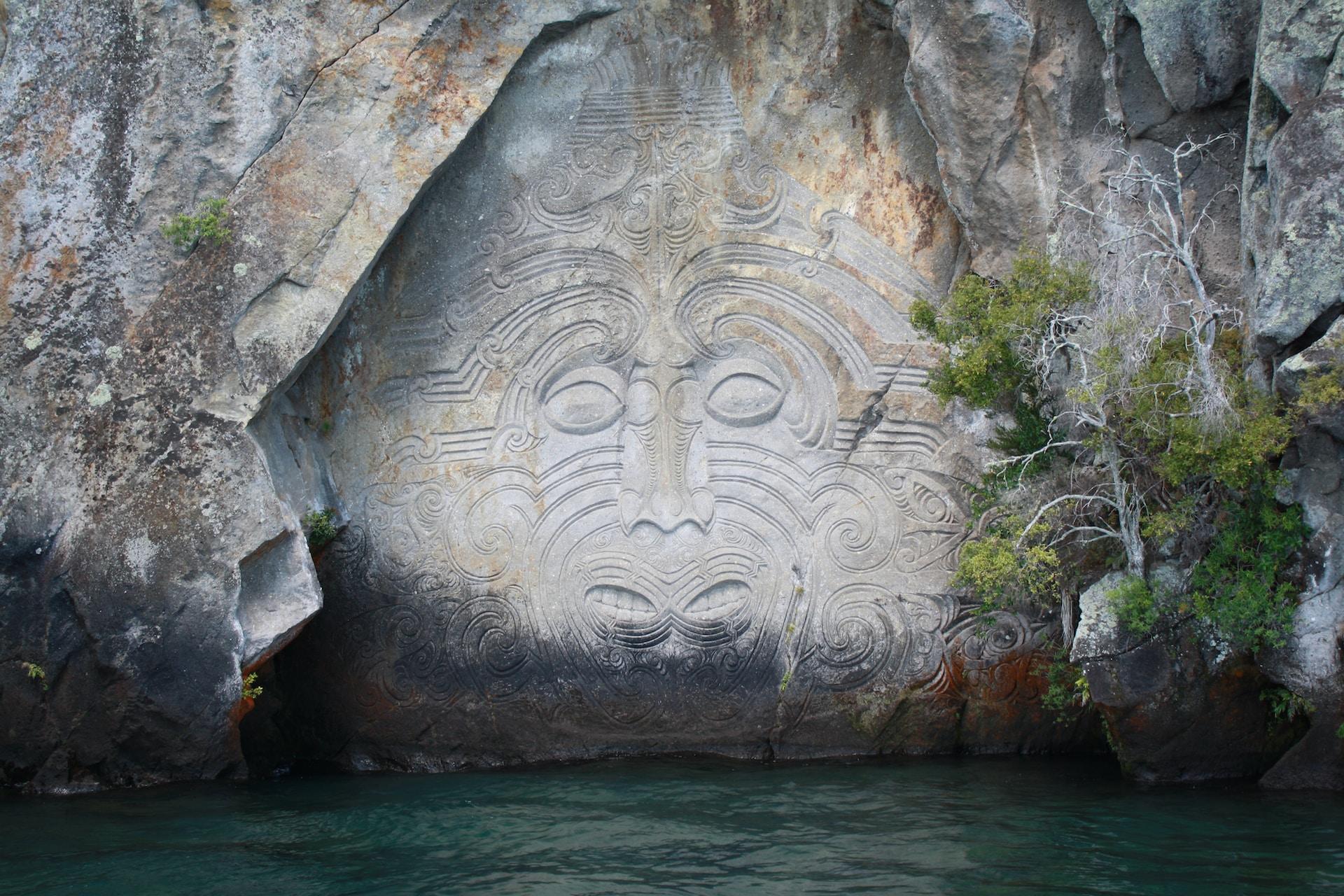When students start NCEA level 2 in year 12, they can either choose new disciplines that they will study during the year or continue working on the ones they took in year 11. The te reo Maori course is an amazing option for students at that point because learning Maori is motivating and can help you earn a lot of NCEA credits.
Like at NCEA level 1, students must once again gather 10 level 2 Literacy credits so they can validate the year. The Maori course can be an outstanding pick for that. Its standards test learners' writing and reading skills and are enough for the student to pass the year.
On top of its relevance as an NCEA literacy subject, the Maori course can be very beneficial for students as such. Te reo Maori is one of the native languages of New Zealand occupying a significant place in its cultural life. A good level of te reo can help students better understand the country's traditions and even see numerous current events in a different light.
The Maori language has an official status in New Zealand, which means that you can come across texts and even speeches in te reo both in your everyday life and at work. A good level of Maori can be a requirement for a certain position and is considered a huge plus by employers in general.
Finally, learning new tongues is great training for our mental skills. It boosts our memories and logic and makes us more open to new ways of thinking. The grammatical constructions and word order used in Maori will certainly seem unusual to an English-speaking student at first. However, as they advance in their course, they will become more flexible and will assimilate them in the end.
In this article, we will try to find out what language skills high school students are supposed to develop in their NCEA level 2 Maori course, how they can use past exam papers in their revision, what standards they will need to complete to obtain their credits and what the Maori syllabus is about.
So, are you ready to learn more about te reo Maori?


Is NCEA Te Reo Māori level 2 important?
When students select their NCEA level 2 subjects, they should keep in mind the assessment standards and the credits they will need to earn. The NCEA Level 2 is a very important moment in our education when we get ready for NCEA level 3 to finally obtain our University Entrance.
That is why, it is essential to clearly understand the requirements of each Maori standard you are to complete, so you can decide whether the course can't become a hurdle in your education. For that very reason, we decided to provide you with some details about the NCEA level 2 Maori standards and help you with your NCEA choices.
If we turn to the information about the NCEA level 2 Maori course available on the NZQA website, we will discover that, at that point, students are meant to reach level 7 of Maori skills. What exactly is that about?
The New Zealand Ministry of Education considers that Maori level 7 is the last but one stage of learning the language when students achieve almost full literacy and can deal with most texts and conversations in both formal and informal situations.
That means that if a student has no previous Maori skills, it will be highly unlikely that they can cope with the NCEA level 2 course and gain the necessary credits.
By contrast, if you have studied Maori in year 11 and completed all the standards with success, your level of te reo is certainly sufficient for that new course.
If you doubt whether to enrol in the year 12 Maori course or not, you can ask your high school teacher for advice and they will carry out a quick assessment of your knowledge.
You can also take an assessment lesson with a private Maori tutor and they will provide you with all the necessary recommendations with regard to Maori.
What can also be useful to help you make your choice is to try to get a better understanding of the NCEA standards a Maori student needs to face. If you want to know more about the NCEA Maori standards, our article on the topic will surely be of use.
NCEA Level 2 Te Reo Māori Past papers
The main goal of any language course is that the students start understanding and speaking that language. So, what is the ability to speak a language really about?
In reality, there are four essential language skills that we need to develop as Maori students, so we can use them in plenty of situations and contexts. These skills are the following: writing, reading, listening and speaking.
The first two of those skills will determine our capability to deal with written language. They will be useful if we carry on studying Maori at university later on or use Maori for writing professional emails, for example.
The last two are spoken Maori skills. We are more likely to use them daily, such as when chatting with our friends and relatives, listening to the radio or watching TV programs. To improve your fluency, you can learn to speak Maori.
Still, whatever objectives you have set when you started learning Maori, you should not focus too much on some skills while ignoring the others. Our written and spoken language abilities are closely connected, so we should develop them in equal measure.
For instance, when we read, we start better understanding grammar and assimilate new words. With time, they will become natural to us and we will use them in our speech.
It is thus logical that NCEA Level 2 Maori standards aim to evaluate all the four language skills that a student needs through different assignments and tasks.
Even if your level of Maori skills is really brilliant, knowing more about the assessment standards will help you prepare for the exam you are about to have and demonstrate the best of your Maori skills.
[caption id="attachment_38376" align="aligncenter" width="2560"]
That is where the exam papers from the previous years can be very useful to you. Thanks to them, you can evaluate your current vocabulary and grammar and train yourself to do the exercises included in the exam.
When you are handed your paper on the day of the test, you'll already know what the assignments are about very well and feel much more comfortable with the exam.
Learn how to use past exam papers efficiently in our article.
NCEA Level 2 Te Reo Māori Questions Explained
No matter what NCEA course the student may take, there are two main kinds of assessment standards: internal and external.
The first are in most cases completed by the student during the year and are marked by their school teacher. An internal standard is likely to be a little less stressful than an external standard because students are prepared for them in their course and the exam itself is organised in a familiar place.
The second type of standards is, by contrast, evaluated outside the student's school by NZQA. As a consequence, an external standard will most probably consist in a written exam. Students' answers will be sent to the corresponding organisation that will grade them and send the students their marks afterwards.
When reviewing their NCEA subjects, students shouldn't put one type of standard before the other, even though, as we have said, external tests are more stressful for students and that may have a negative influence on their results.
If you want to find out more about the most common tasks that students may be required to do to meet the NCEA level 2 Maori standards and get their literacy credits, you can have a look at our article on the topic.
If you want to understand why NCEA level 2 Maori is so important, our article can certainly help you.
Demystifying the NCEA Te Reo Māori Level 2 Syllabus
Like most other high school subjects, when students begin their NCEA level 2 Maori course, they should normally have a certain level of skills that they have acquired in the previous years of school. So, what level exactly are we talking about?
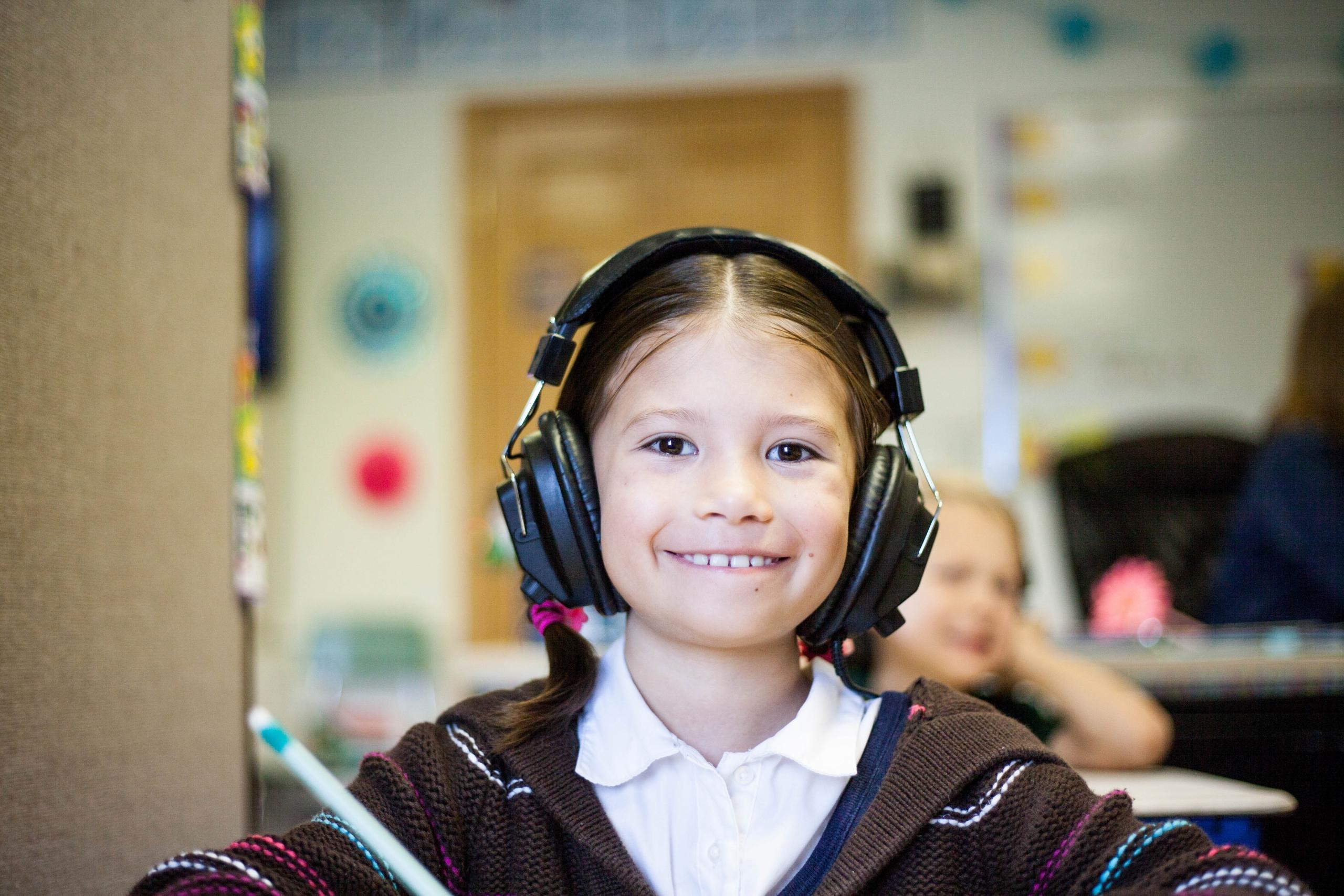
According to NZQA, the NCEA level 2 Maori course is intended to help students achieve Maori level 7 determined by the New Zealand Ministry of Education. The learners who have reached that stage should be able to understand both written and spoken Maori in most situations independently from the register and express their opinion with reasons.
That is a pretty advanced level of knowledge as students should not only talk about everyday situations in Maori but also be able to reflect on abstract topics and pick up new information through reading and listening.
Of course, you can only be sure to have the right language skills if you have taken the Maori course at NCEA level 1.
A good point of reference to evaluate your skills can be the documents that students will study in their year 12 course and that is used for the creation of NCEA standards. Those documents include idioms, prayers, new items, poems, graphs and tables, short stories, recipes, formal letters and other sources.
Obviously, the documents students can work on in their course are pretty diverse. So, Maori NCEA level 2 will require a good level of literacy and understanding.
The positive point is that you will surely not get bored during the year because you can learn plenty of things in different areas. That can be a good way to expand your general knowledge at the same time as your language skills. That will be very useful in your studies and professional life.
You can find additional information about the NCEA level 2 Maori syllabus in our article on the topic.
Summarise with AI:

















